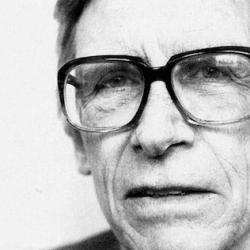Why do we talk about patriotism in religious terms? asks Ivan Strenski (in a Library of Social Science essay): “For a student of religion what strikes one as odd is that we name the act of giving up one’s life for the sake of one’s nation, as a ‘sacrifice.’ Why the silent appeal to religious rituals? Why do we talk about such a soldier’s death in the service of their nation as if it were no different than Abraham standing, knife in hand, over his son, Isaac, lying helplessly, bound hand and foot—a ‘sacrifice’?”
The reason, Strenski argues, is that actions at human extremities – killing and dying – need justification: “the act of killing or dying in violent circumstances such as warfare, for instance, requires justification, if only weakly so. Further, when it comes to oneself, no one really seeks to lose their lives without ‘good’ reason.”
Some modern nations don’t measure up, don’t provide the justification for sacrifice and killing. No one, he says, dies for Iraq: “despite being gaudily well-equipped, well-‘trained,’ and stoutly supported by brilliant US aerial fire-power, Iraqi soldiers seem unenthused about sacrificing themselves—dying—to recapture the lost territory of their own ‘nation-state.’”
Why not? “One answer comes easily enough: Iraq is not ‘their own nation.’ ‘Iraq’ is just a space, not a ‘place.’ It is just an expanse defined by a series of lines on a map, drawn a century ago, across the Middle East by some British and French diplomats, playing God with the worlds of other people, who sometimes did, and sometimes did not, play along.”
Iraqis don’t see Iraq as theirs. But “their families are ‘theirs’; their religious affiliations are ‘theirs’; their tribes are ‘theirs.’” For these, “people give up their lived—sacrifice themselves—for some social entity ‘larger’ than themselves that they wish to see prosper.”











